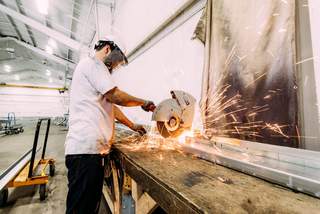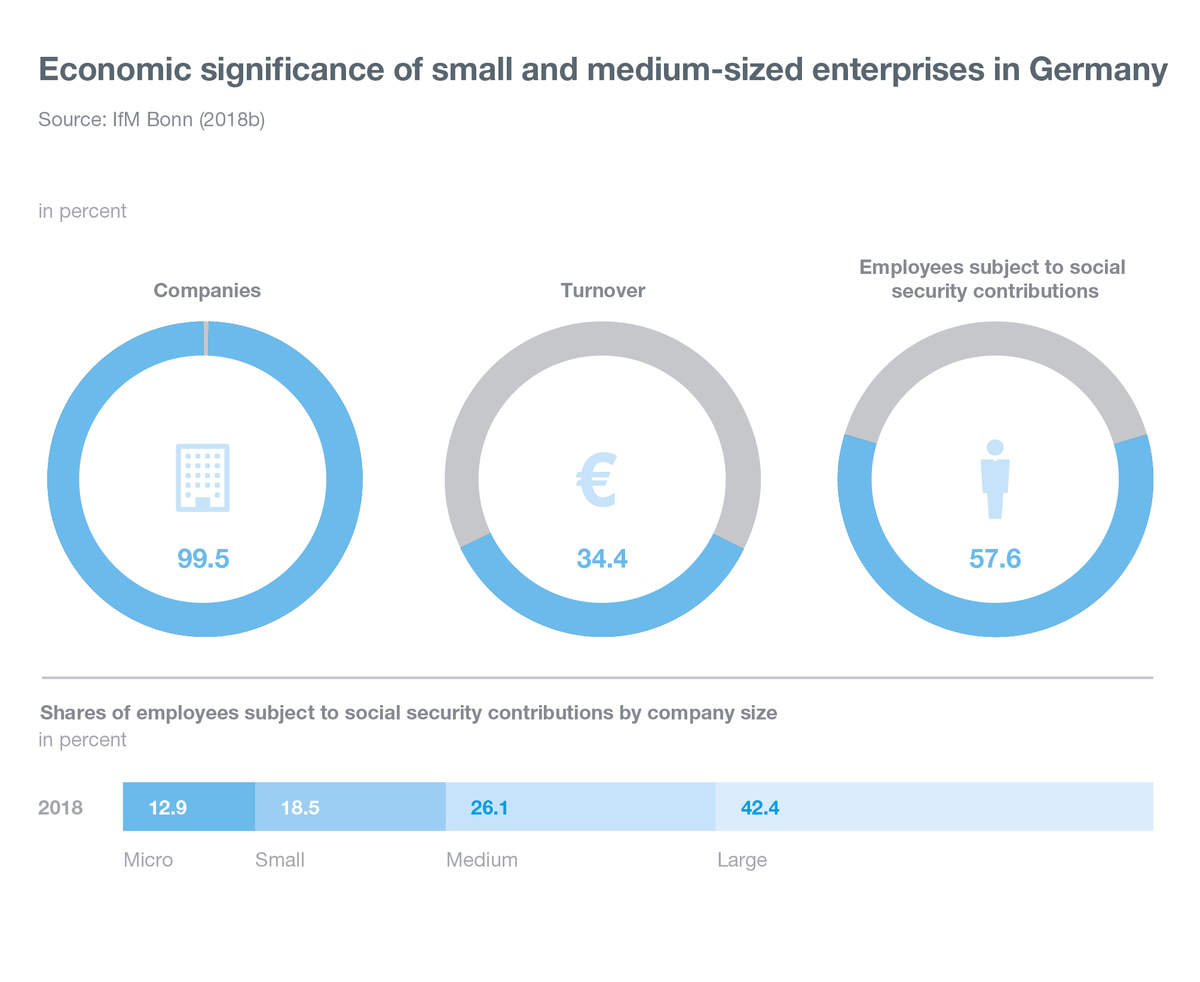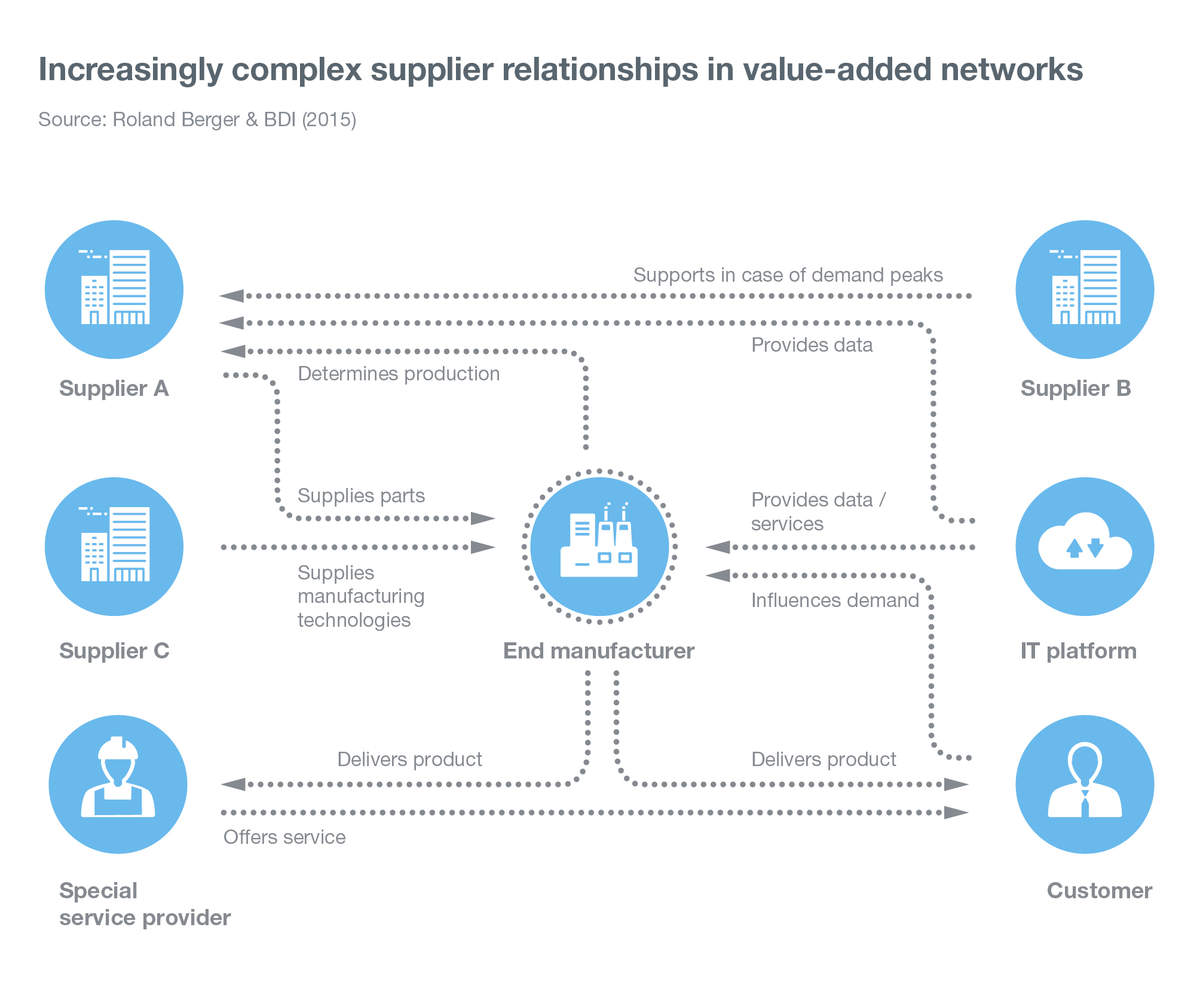
© Unsplash
The German Mittelstand: a model of economic success
The key economic figures show: Mittelstand companies with up to 499 employees generate more than one third of the total turnover of German companies and account for nearly 60 percent of all employees subject to social security contributions.

Generations, not quarters
It is difficult to define the SME sector and its numerous family businesses. Many companies that exceed the SME threshold of the European Union still define themselves as Mittelstand. Beyond quantitative criteria, there are key qualitative characteristics to consider: Ownership and control as well as leadership and liability are often combined in the best possible way with a cross-generational perspective. Entrepreneurs in family businesses think in generations, not in quarters.
From the German countryside to the world market
Many Mittelstand companies are successfully engaged in trade and investment on the global market. At the same time, they are firmly rooted in diverse rural regions in Germany - whether in the Eichsfeld, the Black Forest or Sauerland. At the local level, SMEs provide important jobs and vocational training opportunities to the youth. They generate tax revenue that allows the provision of comprehensive public services. As promoters of education, arts and sports, they assume social responsibility and deepen the ties with their local communities. Hans-Toni Junius, CEO and Chairman of the Management Board of C.D. Wälzholz GmbH & Co. KG and chairman of the BDI/BDA SME committee emphasizes:
“We SMEs show what long-term entrepreneurial perspective and sustainable business mean: smart investments, constant innovation and international competitiveness. This creates job security and local prosperity.”
Large listed companies and SMEs are no contradiction in terms
Value-added networks include all production steps needed to produce a final good – across different manufacturing sectors in different countries. Industrial services support these complex processes. In the German industrial network of diverse corporate structures, large, medium-sized and small companies compete together on the global market.

Politics must enable an attractive regulatory environment
It is up to politics to create a reliable and attractive business environment in which SMEs can continue to flourish. For example, it is essential to ensure resilient infrastructures in the areas of transport, energy and telecommunication. Energy must remain affordable. Investments must not be hampered by excessive financing requirements or lengthy planning and approval procedures. Laws must be designed as unbureaucratically as possible. Taxes should not endanger the competitive advantage of the German Mittelstand. For example, owners of family businesses need appropriate inheritance and exit tax laws to hand over a well-positioned company to the next generation.



